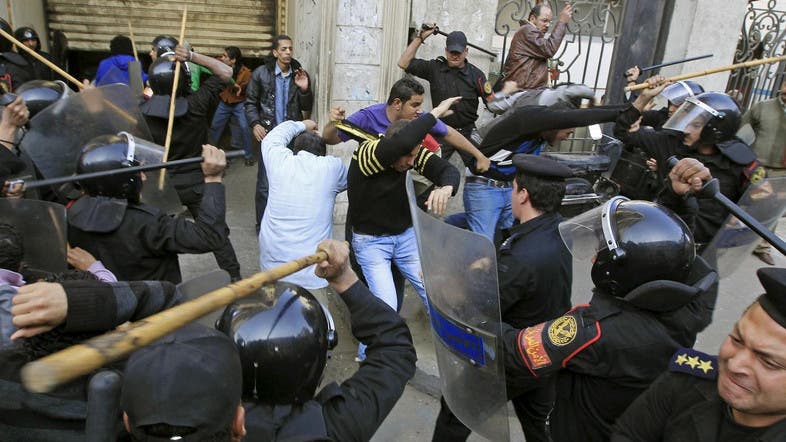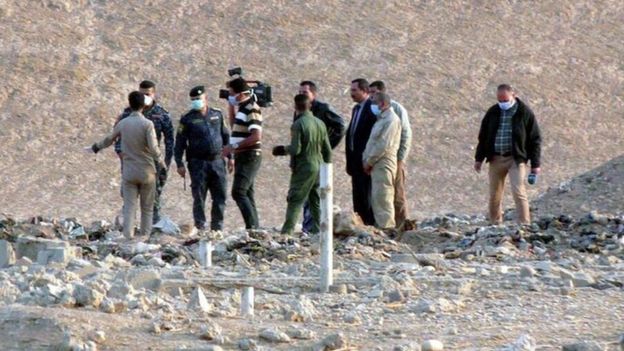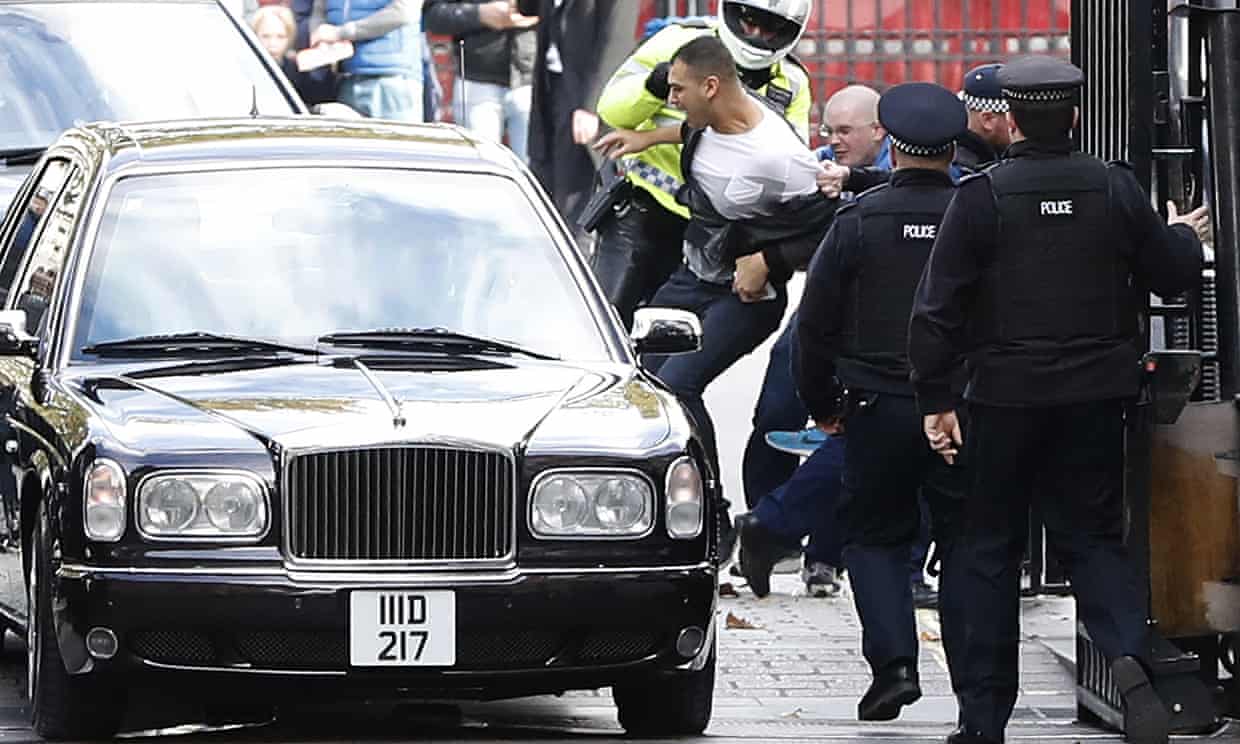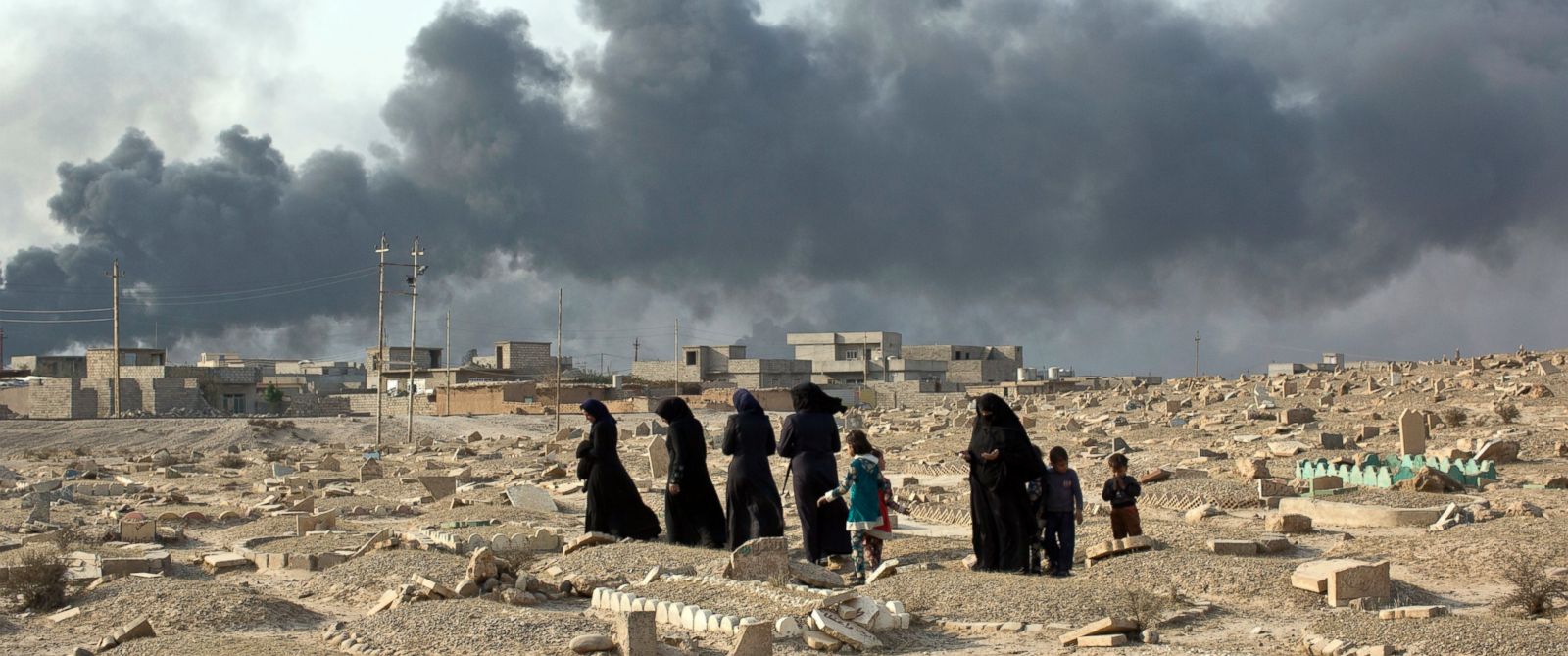by Yesim Usluca
Impunity Watch Reporter, Middle East
CAIRO, Egypt — The head of a prominent Egyptian human rights organization that works with torture victims reported that its assets have been frozen by Egyptian authorities.

The El Nadeem Center for the Rehabilitation of Victims of Torture and Violence (“Center”) provides psychological support for victims of torture and violence, and documents complaints of torture in prison.
The Center’s lawyer, Taher Abu al-Nasr, stated that the legal department had received a ruling from the Central Bank freezing its account. He indicated that an employee who was attempting to cash a check was told by the bank’s manager that its account had been suspended until it registered as an NGO with the Social Solidarity Ministry. The head of the Center, Ms. Adly, indicated that the Central Bank linked the asset freeze decision to the Center’s “legal status,” and that the decision coincides with an NGO law dating back to the rule of President Mubarak.
Amnesty International condemned the move and urged Egyptian authorities to revoke the decision against the Center. The regional advocacy director declared that the decision to “arbitrarily” freeze the Center’s bank account is a “cruel blow to human rights in the country” because it prevents the Center from providing crucial care to survivors of violence. He added that the Center is a “lifeline” for hundreds of torture victims, as well as for the families of those who have been a victim of “enforced disappearance.” He further stated that the decision is additional evidence of Egypt’s “chilling contempt of perceived critics.” The organization indicated that it is “inexcusable” to obstruct care for victims of torture. Additionally, it also stated that Egyptian authorities should be focused on implementing safeguards to prevent custodial torture and ending forced disappearances, instead of “lashing out” at the Center.
Egyptian authorities had previously attempted to shut down the Center on two occasions. In February and April 2016, officials had issued orders to close the Center, while the Health Ministry had stated that it was “carrying out activities other than those allowed.” Mr. Al-Nasr, however, stated that the Center is registered as a clinic with the Health Ministry, and does not need to be registered as an NGO.
All NGOs operating in the country are subject to a strict law permitting the government to supervise their activities and finances. International human rights groups have repeatedly accused the Egyptian government of rights violations, including “forced disappearances, arbitrary arrests, and illegal detentions.” Egyptian authorities deny allegations that security forces gather and torture individuals in “secret detention centers.”
The Center is still operating despite its frozen assets and has challenged the order in court.
For more information, please see:
Daily Mail—Egypt blocks bank account of torture victims’ center—10 November 2016
Middle East Eye—Egypt freezes assets of anti-torture NGO—10 November 2016


